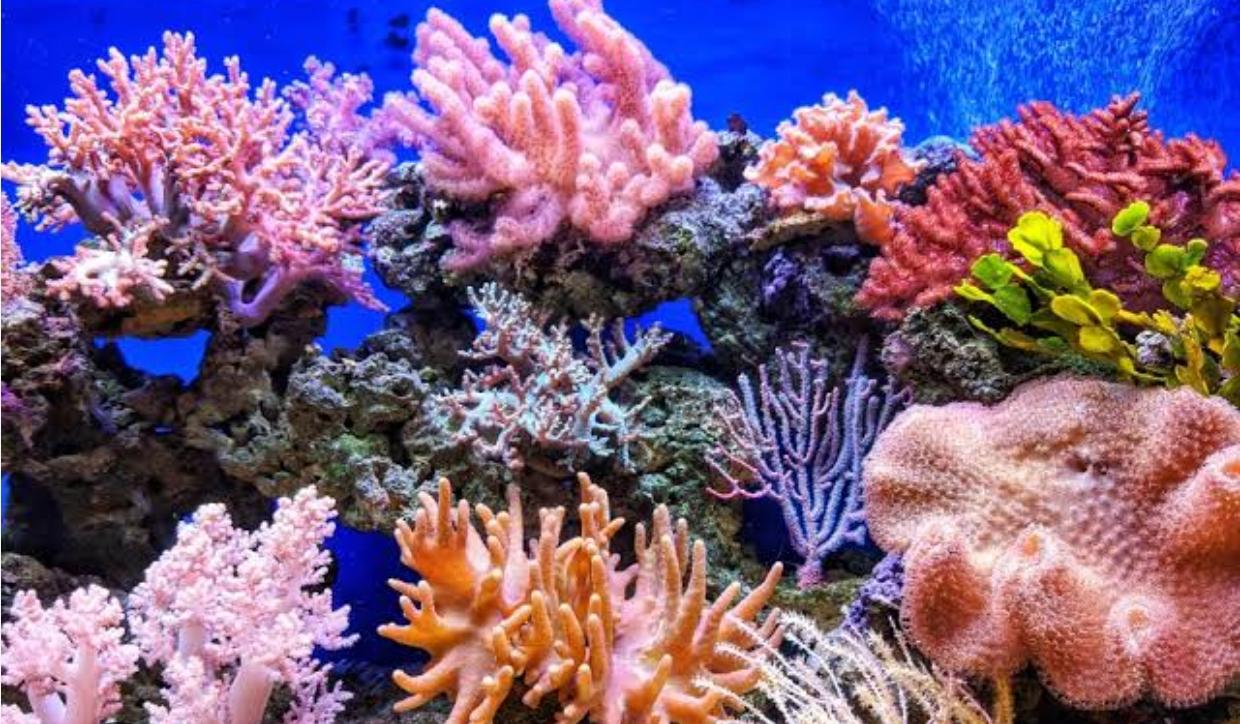Coral reefs are often called the "rainforests of the sea" due to their immense biodiversity and critical role in marine ecosystems. These vibrant underwater structures support nearly 25% of all marine species, safeguard coastlines from erosion, and contribute billions to the global economy through tourism and fisheries. However, coral reefs face unprecedented threats from climate change, pollution, and unsustainable practices, making conservation efforts more crucial than ever.
Why Coral Reefs Matter:
Coral reefs provide essential benefits:
Biodiversity Hotspots: Home to thousands of marine species, coral reefs are vital to ocean life.
Coastal Protection: They act as natural barriers, reducing storm impact and preventing coastal erosion.
Economic and Food Security: Healthy reefs support fisheries and tourism industries worldwide.
Major Threats to Coral Reefs:
Coral Bleaching: Rising ocean temperatures cause corals to expel their symbiotic algae, leaving them vulnerable.
Pollution: Agricultural runoff, plastic waste, and chemical pollutants damage reef health.
Overfishing & Destructive Practices: Unsustainable fishing and harmful techniques like blast fishing devastate reef ecosystems.
Ocean Acidification: Excessive CO₂ absorption by oceans weakens coral structures, hindering growth.
How Can We Save Coral Reefs?:
Reduce Carbon Emissions: Addressing climate change by cutting fossil fuel use helps stabilize ocean temperatures.
Sustainable Tourism & Fishing: Supporting eco-friendly tourism and responsible seafood consumption protects reef habitats.
Marine Protected Areas (MPAs): Expanding conservation zones prevents destructive human activities.
Reduce Plastic & Chemical Waste: Proper waste disposal, reef-safe sunscreens, and reducing single-use plastics minimize pollution.
Community Engagement & Education: Raising awareness encourages action from local communities and global policymakers.
Individual Actions That Make a Difference:
Anyone can contribute to coral reef conservation:
Choose Reef-Safe Sunscreen: Avoiding harmful chemicals preserves coral health.
Support Conservation Organizations: Donating and volunteering aid restoration projects.
Reduce Water Pollution: Proper waste disposal and minimizing fertilizers help protect reefs.
Limit Carbon Footprint: Sustainable travel and lifestyle choices reduce climate impacts on reefs.
Coral reefs are invaluable ecosystems that need urgent protection. Through sustainable practices, conservation initiatives, and individual actions, we can ensure their survival for future generations. Saving coral reefs isn’t just about marine life—it’s about preserving the very foundation of our planet’s oceans.
🪸🌊🐟🦀
Thank You for Reading!..

